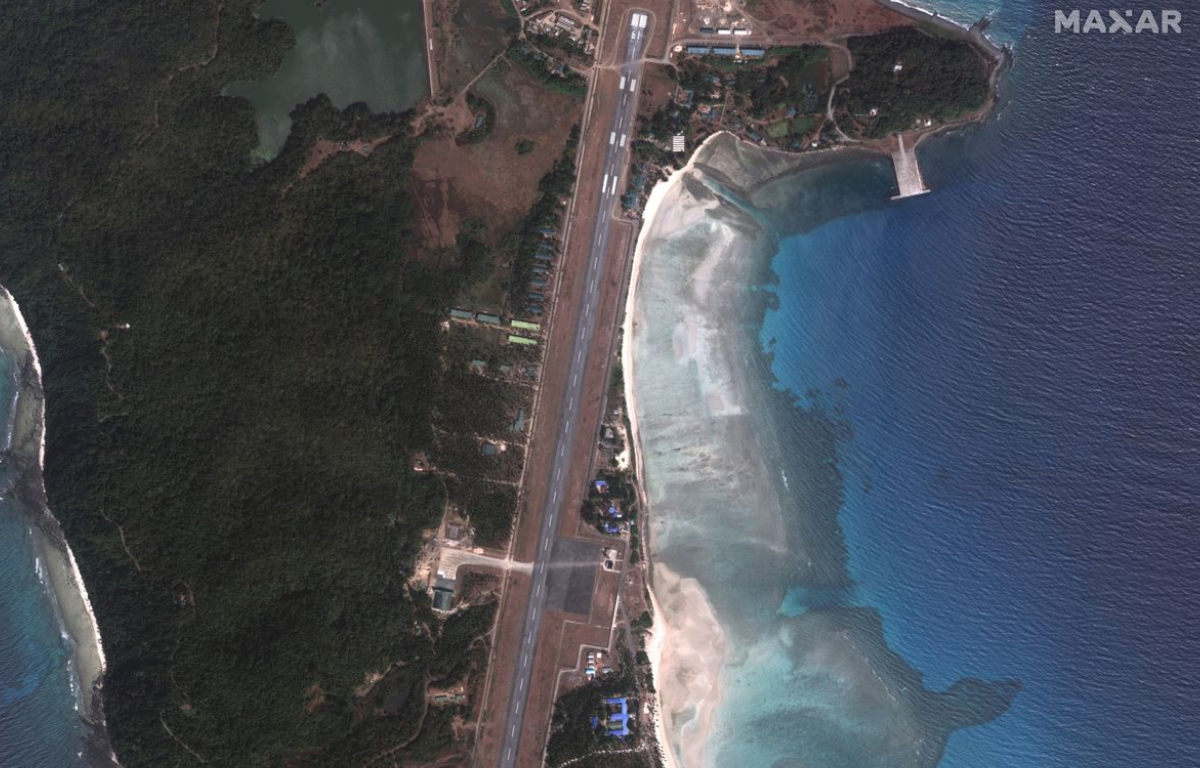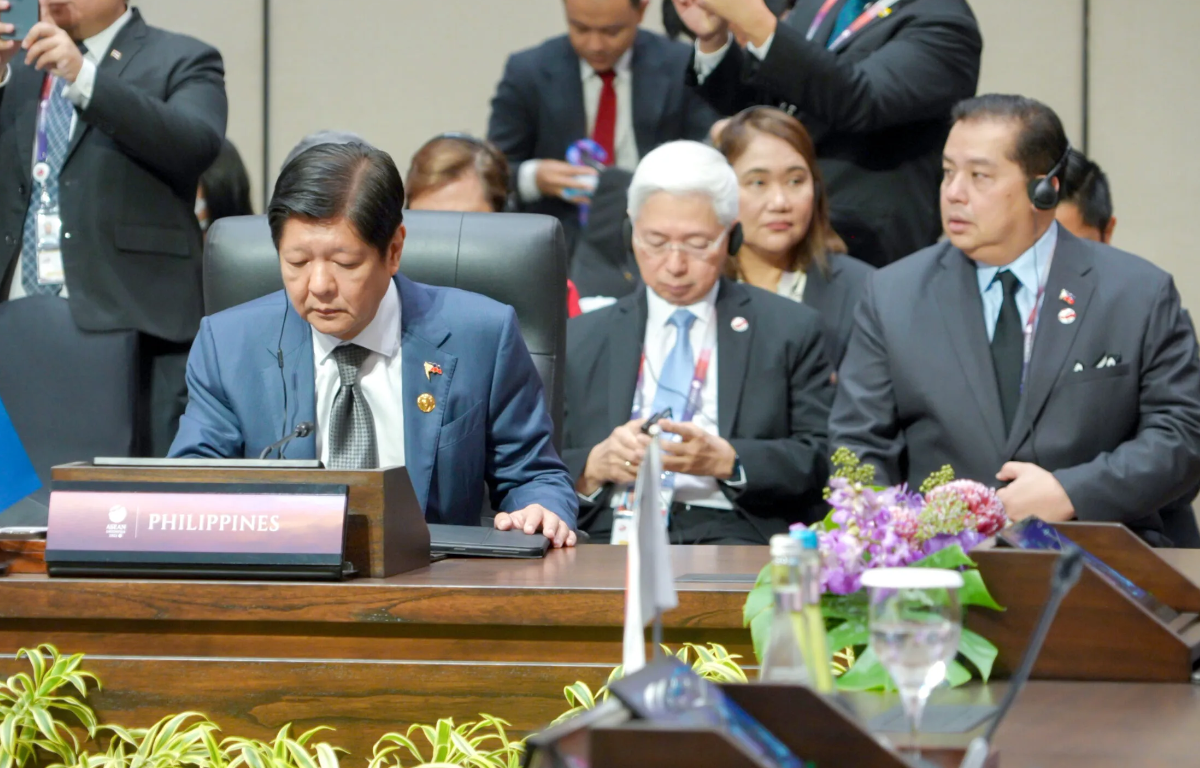
South Korea’s recent security agreement with a Western nation aims to enhance defense cooperation, intelligence sharing, and joint military exercises. While specifics remain undisclosed, the agreement signifies a deepening of ties between South Korea and its Western ally.
China views such security agreements skeptically, perceiving them as encroachments on its influence. The South Korea-Western alliance has raised concerns in Beijing about regional stability.
Potential forms of Chinese retaliation include economic measures such as targeting South Korean exports or investments. Diplomatic pressure, military posturing, and support for South Korea’s rivals are also possible strategies.
While military escalation is unlikely, China could engage in symbolic military actions to showcase its regional influence. Cyber espionage and information warfare are contemporary tools that China might employ to undermine South Korea’s security.
South Korea’s security agreement with a Western power marks a significant development in the region’s geopolitical landscape. The potential for Chinese retaliation looms large, challenging South Korea’s ability to maintain its security interests while navigating complex international dynamics.










Share this: